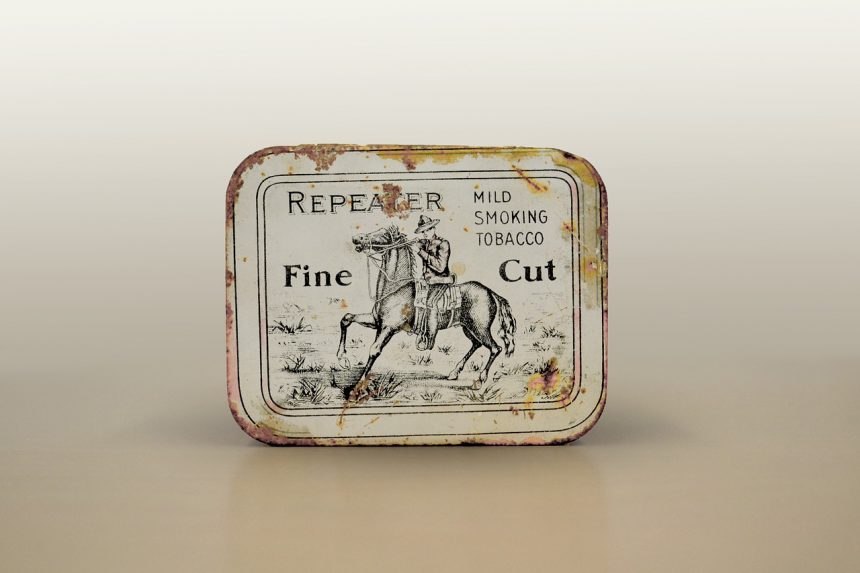In Radin, at the time of the Chofetz Chaim, there was a much-loved young man called Avramela Tzentzig. He acquired his name because Avramela could not count past twenty (tzvontzig in Yiddish) and could only pronounce it tzentzig so he was affectionately known as Avramela Tzentzig. One day, Avramela approached two young men in the middle of an intense Torah discussion and asked for one of them to go and get him a pinch of snuff to enjoy. They turned to Avramela, apologized, and explaining that it was not a good time. But Avramela was offended and stormed away.
The following day Avramela was nowhere to be found and people started to worry. They searched the town but turned up no sign of Avramela. The following day, when there was still no sign of Avramela, they became even more worried and began to search further afield. By the third day, they had given up hope.
Five days after Avramela had disappeared without a trace the young men came into the Yeshiva and got the shock of their lives. Sitting in the corner of the Beis Medrash was Avramela.
Everyone ran to shake his hand and welcome him back. There was delight in the air, but also a lot of curiosity: where had Avramela been? But even more curious was that Avramela shook everyone’s hand with only his bottom three fingers.
With everyone gathered around, Avramela answered their questions.
“I’ve been to Warsaw” answered Avramela to the astonished crowd. In those days, Warsaw was like New York in terms of being a metropolitan city — a sea of trade, with people and objects on display from all around the world. “And if you don’t believe me, I’ve brought my ticket here to show you.”
“Why did you go to Warsaw?” they asked in unison.
“I went to get myself pinch of snuff, and here it is” he said, finally releasing his finger and thumb after two days.
Everyone present burst out laughing — Avramela went all the way to Warsaw for a pinch of snuff!
The story and the accompanying laughter reached everyone’s ears in Radin, even the Chofetz Chaim. However, his reaction was not one of laughter. He gathered those around him and said to them, “Friends, let us make sure that we too do not go all the way to Warsaw for a pinch of snuff. For it is known that each of our souls comes down to this world from under the Heavenly Throne — a distance far greater than Radin to Warsaw![1] After we return to our Maker, what will we have to show? How many mitzvos will we be carrying back with us? Will we come back to Hashem with anything to show for our time in this world of opportunity?[2]
The Chofetz Chaim’s profound message is most meaningful at this time of year. Rosh Hashanah is the time where we should be reassessing our purpose in the world. A time of judgement, we should be asking ourselves, what am I living for? Am I making the most of my time here? After I die what eternal achievements will I have to show for my time here?
Although these are daunting thoughts, we must not forget that this world is one of endless opportunities, where, as Rav Moshe Meir Weiss says “a Jew can turn a bag of garbage into a bag of diamonds.” Rav Weiss’ example is of a child taking out a bag of trash for his parents with enthusiasm and delight at performing this mitzvah, but for us, we can take any mundane action and turn it into a priceless commodity. Whether it is our money used for tzedakah, our time used for kindness, our smile or caring words used to cheer someone up, we each have untapped riches within our reach every day.
We live life with such monotony and rote, often missing the chance to enthuse our actions with a greater purpose. But if we consider how far our soul traveled to be here and the immense potential we have to bring treasures back with us when we return, then we should be inspired this Rosh Hashanah to ask Hashem for another year where we won’t squander opportunities and clutch onto a pinch of snuff, instead we will grab onto eternal commodities with both hands.
[1] See Pesachim 94b which describes the distance of the seven firmaments from the earth, and this, explained the Chofetz Chaim does not account for the additional firmaments which lead to the Heavenly Throne.
[2] From Matok U’Maor, Elul and Rosh Hashanah, p.28.






